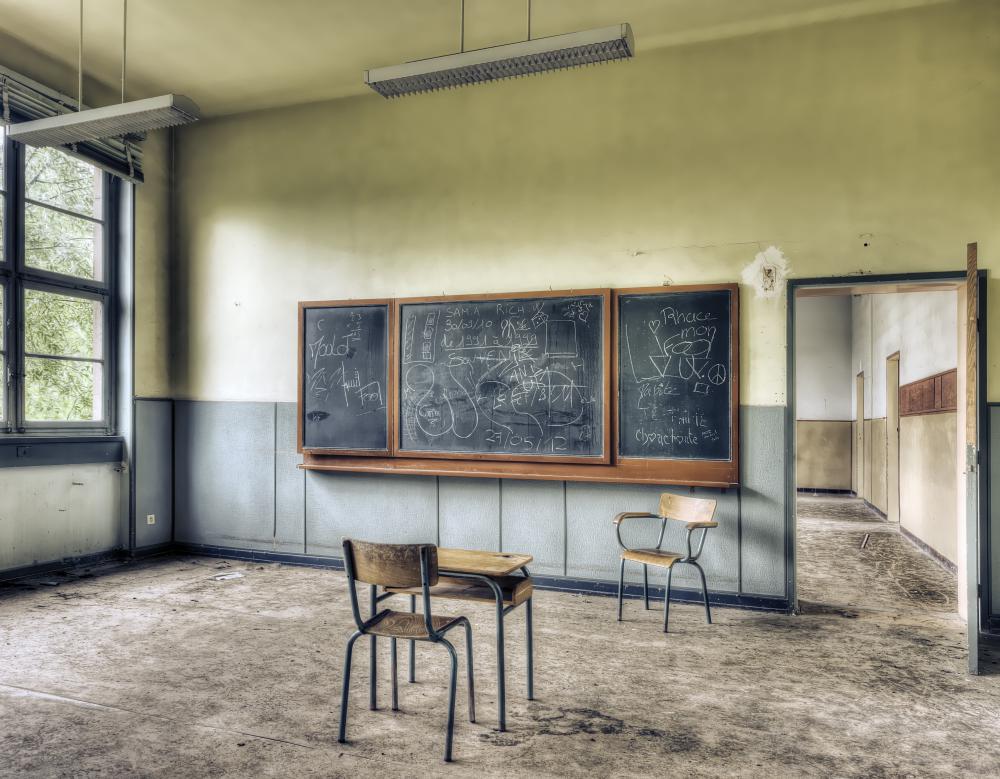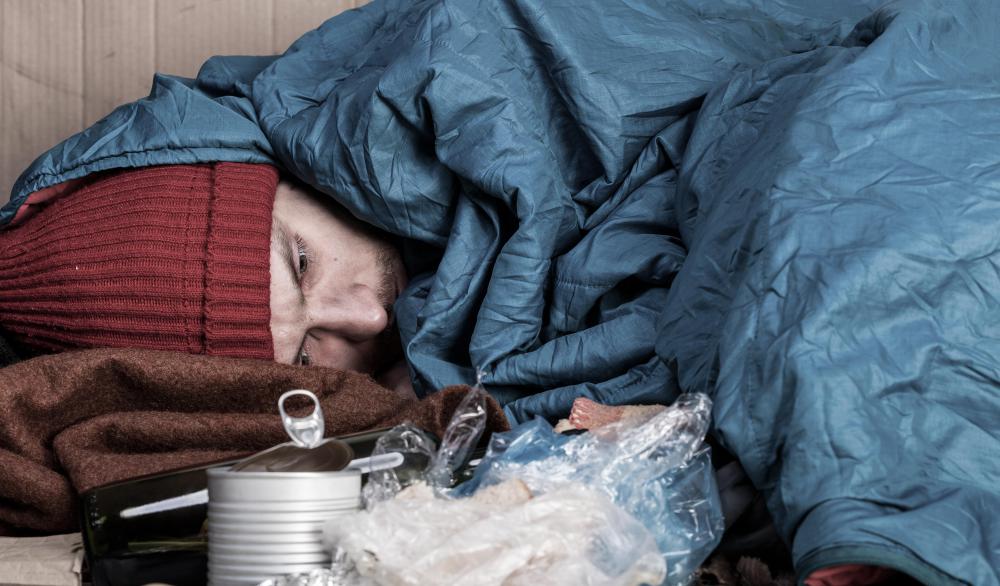At SmartCapitalMind, we're committed to delivering accurate, trustworthy information. Our expert-authored content is rigorously fact-checked and sourced from credible authorities. Discover how we uphold the highest standards in providing you with reliable knowledge.
What Are the Different Theories of Poverty?
The different theories of poverty distinguish between individual, system, geographic, and cyclical causes. Theories that attribute poverty to individual circumstances and choices tend to place sole responsibility on the economically disadvantaged. System and geographic theories of poverty focus on political, economic, and infrastructure policies. Cyclical causes combine both individual and system circumstances to explain the causes of poverty.
One of these theories states that poor economic circumstances are caused by an individual's own choices. For example, it is the individual who decides to take low paying jobs by not seeking advanced educational training. This theory is mostly supported by political conservatives who tend to place the responsibility on the poor to work hard and strive towards bettering themselves. The individualistic school of thought tends to perpetuate the idea that self-motivation, determination and persistence are needed to achieve success, including financial stability and wealth.

Another of the individualistic theories of poverty focuses on the socioeconomic sub-cultures that develop in certain population segments. This theory perpetuates the idea that poor or working-class groups create and maintain certain attitudes, beliefs and perspectives that keep them in poverty. For example, the idea that it is okay and better to be on welfare than work a full-time job is considered a popular notion among some poor and working-class segments. Essentially, this theory suggest people's own attitudes, beliefs and perspectives keep them in poverty since they do not see other viable alternatives.

In terms of system theories of poverty, politically progressive thought attributes the cause to inequalities perpetuated in political, economic and social systems. According to the theory, poverty can occur among certain segments of the population due to discrimination and systems that make it very difficult for that segment to cope. For example, single females with children have the dual responsibility of finding adequate work and caring for their children. This group often faces discrimination in obtaining higher paying jobs while also facing high child care costs.

Another system theory of poverty states that some of it occurs as a result of poor infrastructure in certain geographic areas. The quality of education may be poor or inadequate in certain regions, which puts those citizens at a disadvantage when it comes to securing higher paying, skilled jobs. Economic conditions may be poor, meaning that access to basic needs and employment are limited. An example of this is the history of poverty in the southern United States, which has traditionally lacked industries that pay well.

Cyclical theories combine both individual and system forces to explain why certain groups remain disadvantaged. For example, an individual may choose not to go to college. This in turn limits his ability to obtain a job that pays well since most employers require a degree for white-collar jobs. The economic and political system also keeps the minimum wage at a certain level, while the cost of living continues to increase. An individual could be forced to stay in poverty due to a combination of individual choices and poor macroeconomic circumstances.
AS FEATURED ON:
AS FEATURED ON:

















Discussion Comments
@Reminscence, I agree that our economy relies heavily on the working poor to keep the wheels moving, but I think the article was focusing more on poverty, not underemployment. There are people who have lost all incentive to improve their lot in life, and there are several theories about why that is. Personally, I think poverty happens because most countries, the US included, oversell the idea of success. Yes, a child can do everything possible to become a paleontologist or a circus performer, if that's his or her dream. However, the reality is that the world only needs a certain number of people who search for fossils.
Even on a smaller level, not everyone is going to find gainful employment unless a country's economy is running white hot. Some people are just not going to have an opportunity to get higher paying jobs, regardless of native ability or education level. Poverty is a sad side effect of capitalism.
Personally, I believe a purely capitalist system needs a certain percentage of the population to remain in poverty. Without the "working poor", other people wouldn't be able to pursue their own higher aspirations. Without sanitation workers, for example, a hospital filled with medical researchers wouldn't be fit for human habitation. Without a custodial staff, hotels wouldn't be able to offer guests clean accommodation. The economy would suffer if people living under the poverty level didn't keep performing their low paying jobs every day.
Post your comments